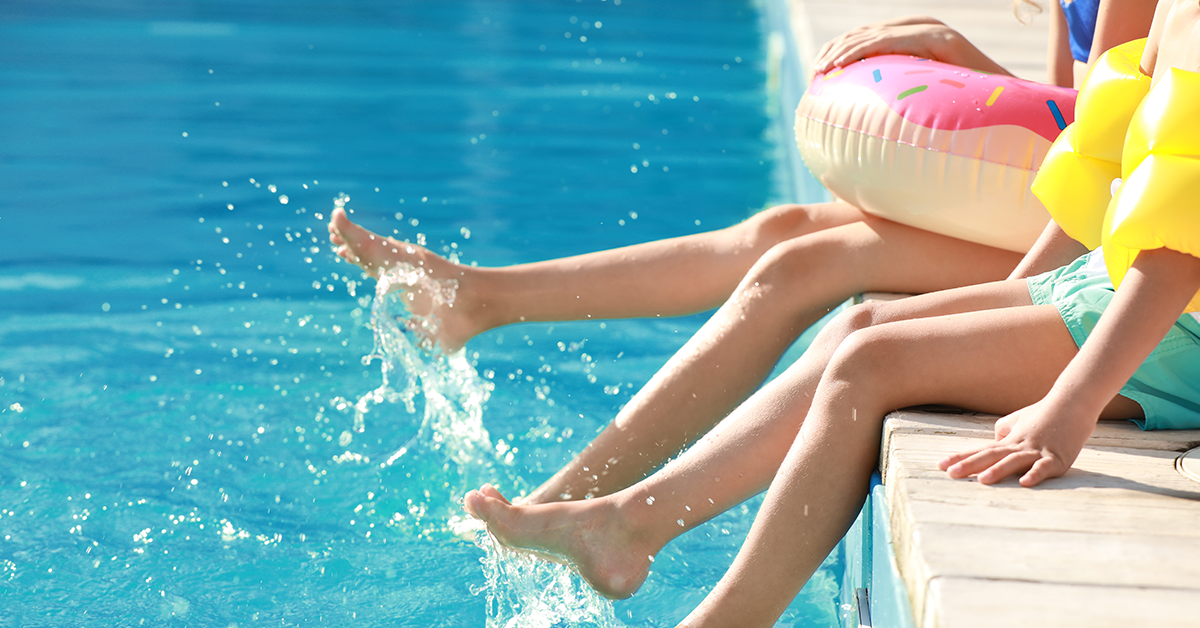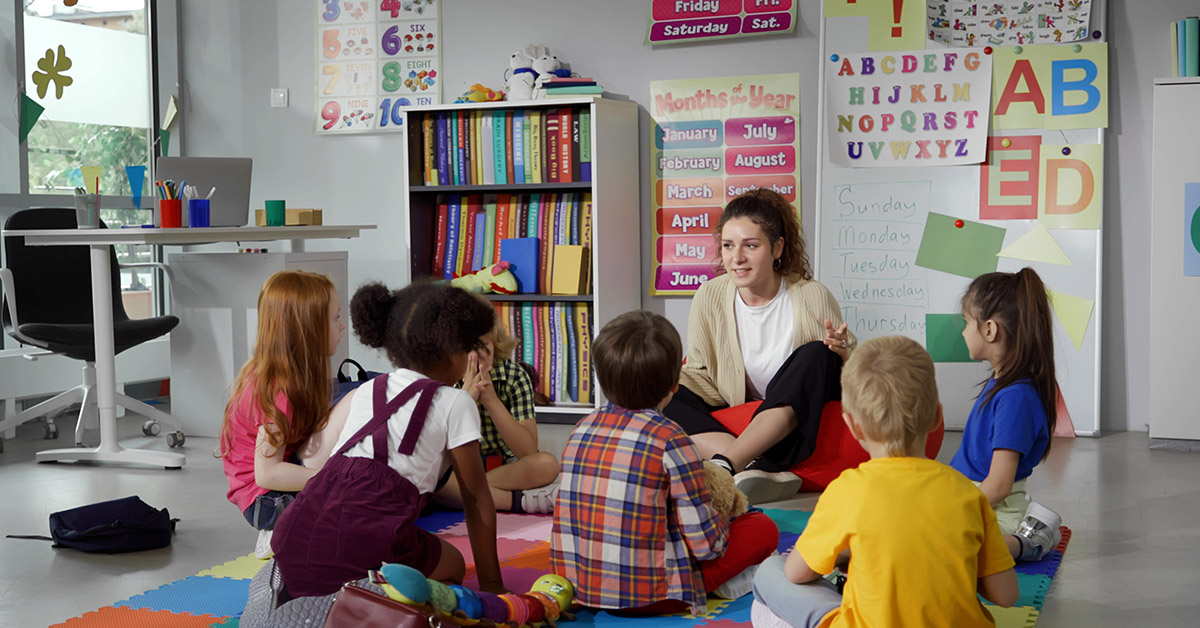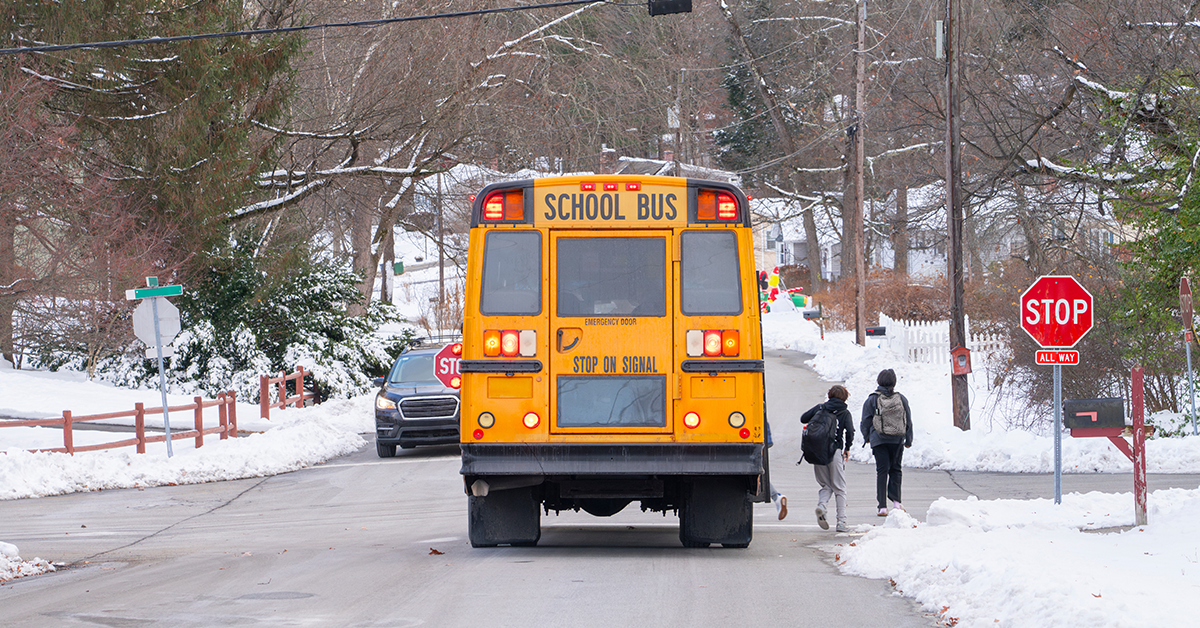Swimming pools can offer children the opportunity to exercise, socialize, and have fun—if they’re properly supervised and hazards are properly addressed. Unfortunately, swimming pool accidents involving children can and do occur. Depending on the circumstances, if your child was harmed in such an incident, your child may be eligible to receive financial compensation for medical bills and other related losses. Compensation may be available if it is proven that your child’s accident resulted from the negligence of another party (especially if that party was directly responsible for their safety at the time).
Watch The Video
Understanding Responsibility for Swimming Pool Accidents Involving Children
It’s highly advisable to discuss your case with a legal professional if you have questions regarding whether your child is eligible to receive compensation. Be aware, as their parent or guardian, you have the legal standing to pursue compensation on their behalf.
Speaking with a lawyer can help you better understand how issues such as liability and legal causation may apply to your case. In Massachusetts and other states, various factors can influence whether a child injured in a swimming pool accident is eligible for compensation.
Premises Liability and Child Swimming Pool Accidents
The general legal concept of premises liability holds many property owners responsible for the safety of those with a legal right or permission to be on their properties. That’s not to say a property owner is liable every time someone is injured on their property, as not all hazards on a property can or need be guarded against or eliminated. However, property owners and managers, as well as persons and entities contracted to address specific safety issues, must take reasonable steps to minimize the odds of incidents happening due to certain known or reasonably foreseeable hazards.
What that specifically consists of can vary depending on whether a pool is public or private. For example, at a public pool, it may be necessary to always have a lifeguard on duty. Private pools operated by businesses may also require a degree of supervision, depending on the state or county.
A homeowner certainly doesn’t need to employ a lifeguard to monitor their pool. However, they do need to keep their pool well-lit and maintained. They must also ensure that anyone using the pool is aware of any relevant hazardous conditions. It may be necessary to monitor young children using a pool, as they might not be able to appreciate the danger.
It’s also worth noting that a pool owner can theoretically be liable for a child’s accident even when the child wasn’t an invited guest. In states like Massachusetts, “attractive nuisance” laws exist to address the fact that property features like swimming pools might attract young children who don’t understand the idea of trespassing. Under such laws, property owners must take steps to guard against swimming pool accidents involving trespassing children, such as installing adequate fencing around a pool. They may be liable if a child was harmed because they were drawn to a pool without sufficient barriers to prevent accidents.
Speaking with a lawyer can help you better understand how issues such as liability and legal causation may apply to your case.
Compensation Available in a Child’s Swimming Pool Accident Case
The compensation for which your child may be eligible after a swimming pool accident depends on the nature of their injuries and any relevant losses they sustained. For instance, after such an accident, your child would likely have needed some form of medical treatment. You can seek compensation for the cost of such treatment by filing an insurance claim or lawsuit.
If a child’s injuries are severe enough, they may require ongoing medical treatment throughout life. You can also seek compensation for the estimated cost of a child’s future medical care.
In many types of personal injury cases, it’s possible to recover compensation for lost income and earning potential as well, though such recoveries are not often available in many cases involving injuries to children, with some exceptions – for example, when an older child has been employed in the past, or has had advanced education. Importantly, a swimming pool accident injury could limit a child’s long-term earning potential. In some circumstances, they might be eligible for compensation accordingly.
Unfortunately, some swimming pool accidents result in a child’s death. In these scenarios, surviving loved ones can file wrongful death claims or lawsuits to seek compensation for funeral expenses and other losses often enumerated in a state’s wrongful death statute.
Just remember that proving you or your child deserve compensation can require conducting a thorough investigation to gather evidence of negligence. You must also document compensable losses, complete and file paperwork in a timely manner, etc.
These aren’t tasks you need to handle yourself. A Swartz & Swartz, P.C., a Boston swimming pool accident lawyer can help you pursue the compensation for which you or your child may be eligible. Learn more about what we can do for you by contacting us online or calling us at (617) 742-1900.
Need Help?
If you or someone you know, needs help from a lawyer, contact the law offices of Swartz & Swartz, use our live chat, or send us a message using the form below and we’ll get in touch to assess your case and how we can help.
Keep Reading
Want more? Here are some other blog posts you might be interested in.




